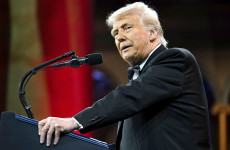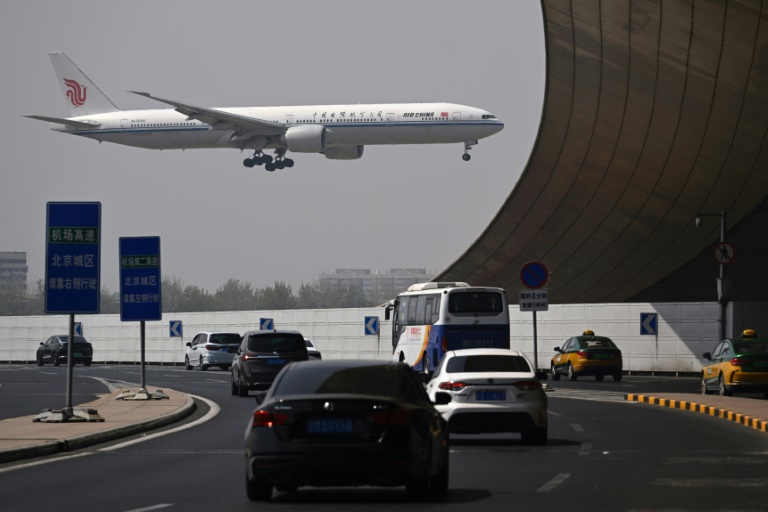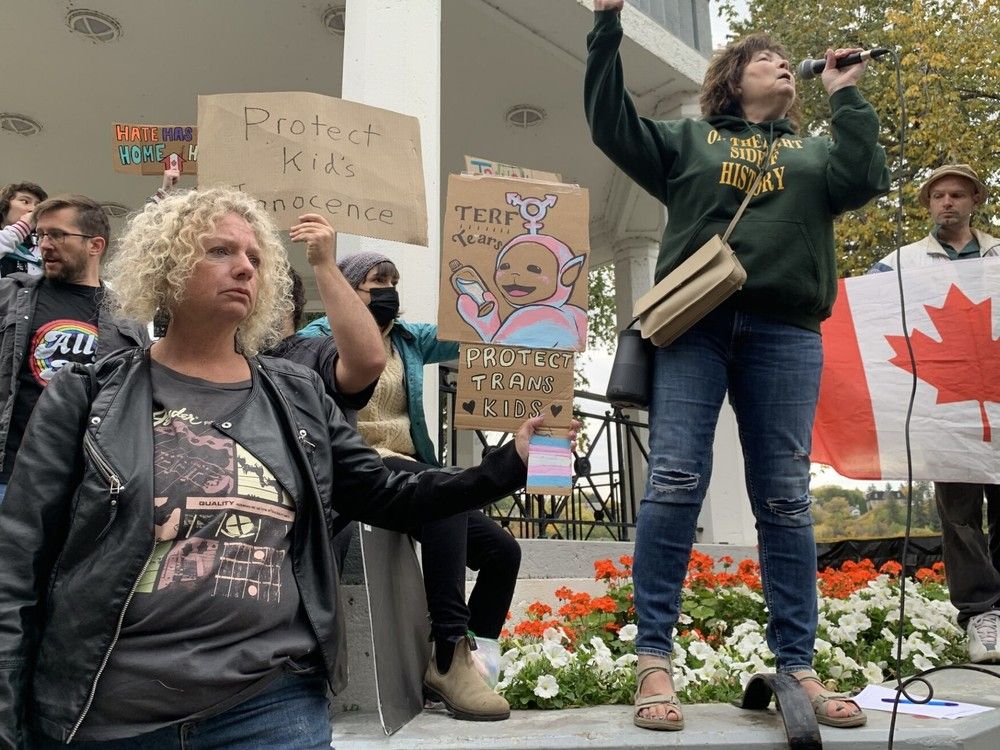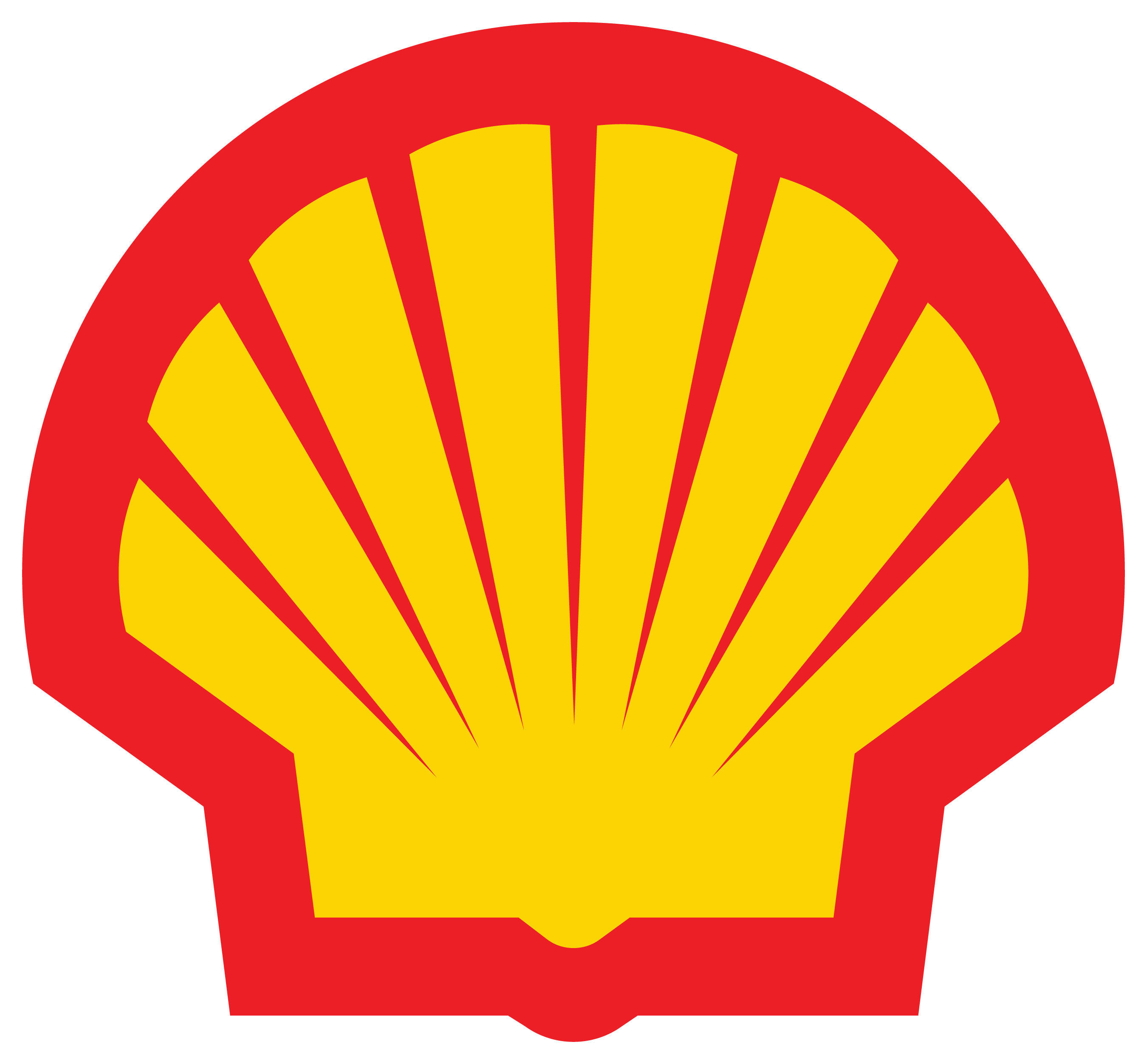US PPRESIDENT DONALD Trump has said that he will soon put tariffs on pharmaceuticals, as he ramps up the worrying trade war. Punishing tariffs on dozens of economies came into force this morning, including over 100% in levies against Chinese goods. Late last night, Trump said: ”We’re gonna tariff our pharmaceuticals.
.. we’re going to be announcing very shortly a major tariff on pharmaceuticals.

“When they hear that, they will leave China, they will leave other places, because most of their product is sold here.” Industry group the Irish Pharmaceutical Healthcare Association (IPHA) previously told that it believes the real impact in the dispute between the White House and the EU will be seen . This is due mainly to the timescale for investment in the industry’s large scale manufacturing plants.
This timescale could create “significant commercial challenges” for US companies based here, which includes major names like Pfizer, Johnson & Johnson and MSD. There are around 50,000 people employed across Ireland in the pharma sector, with an estimated 30,000 working for US companies with plants here. There was a sigh of relief when pharma wasn’t included in the first wave of tariffs, but the industry was under no illusions that it would go unscathed, as Trump previously singled-out Irish pharma companies .
Following the imposition of sweeping 10% have rocked the global economy since coming into force over the weekend, rates on imports to the United States from exporters like the European Union or Japan rose further at 12.01am (04.01am GMT) this morning.
China – Washington’s top economic rival but also a major trading partner – is the hardest hit, with tariffs imposed on its products since Trump returned to the White House now reaching a staggering 104%. Trump said he his government was working on “tailored deals” with trading partners, with the White House saying it would prioritise allies like Japan and South Korea. His top trade official Jamieson Greer also told the Senate that Argentina, Vietnam and Israel were among those who had offered to reduce their tariffs.
Trump told a dinner with fellow Republicans on Tuesday night that countries were “dying” to make a deal. But Beijing has shown no signs of standing down, vowing to fight a trade war “to the end” and promising countermeasures to defend its interests. China’s retaliatory tariffs of 34% on US goods are due to enter in force on Thursday.
The US president believes his policy will revive America’s lost manufacturing base by forcing companies to relocate to the United States. But many business experts and economists question how quickly – if ever – this can take place, warning of higher inflation as the tariffs raise prices. Trump said Tuesday the United States was “taking in almost $2 billion a day” from tariffs.
He originally unveiled a 34% additional tariff on Chinese goods. But after China countered with its own tariff of the same amount on American products, Trump piled on another 50% duty. Counting existing levies imposed in February and March, that would take the cumulative tariff increase for Chinese goods during Trump’s second presidency to 104%.
Trump has insisted the ball was in China’s court, saying Beijing “wants to make a deal, badly, but they don’t know how to get it started.” Separately, Canada said that its tariffs on certain US auto imports will come into force Wednesday. The European Union has sought to cool tensions, with the bloc’s chief Ursula von der Leyen warning against worsening the trade conflict in a call with Chinese Premier Li Qiang.
She stressed stability for the world’s economy, alongside “the need to avoid further escalation,” said an EU readout. The Chinese premier told von der Leyen that his country could weather the storm, saying it “is fully confident of maintaining sustained and healthy economic development.” The EU – which Trump has criticised bitterly over its tariff regime – may unveil its response next week to new 20% levies it faces.
In retaliation against US steel and aluminum levies that took effect last month, the EU plans tariffs of up to 25% on American goods ranging from soybeans to motorcycles, according to a document seen by AFP. Wall Street’s major indices closed lower Tuesday, with the broad-based S&P 500 falling 1.6%.
In one public sign of friction over tariffs, key Trump ally Elon Musk described senior White House trade advisor Peter Navarro as “dumber than a sack of bricks.” Musk, who has signaled his opposition to Trump’s trade policy, hit out after Navarro described his Tesla company as “a car assembler” that wants cheap foreign parts..
Politics

Trump says tariffs on pharmaceuticals coming 'very shortly'

Trump has previously expressed discontent at the success of pharmaceutical companies based in countries such as Ireland.















